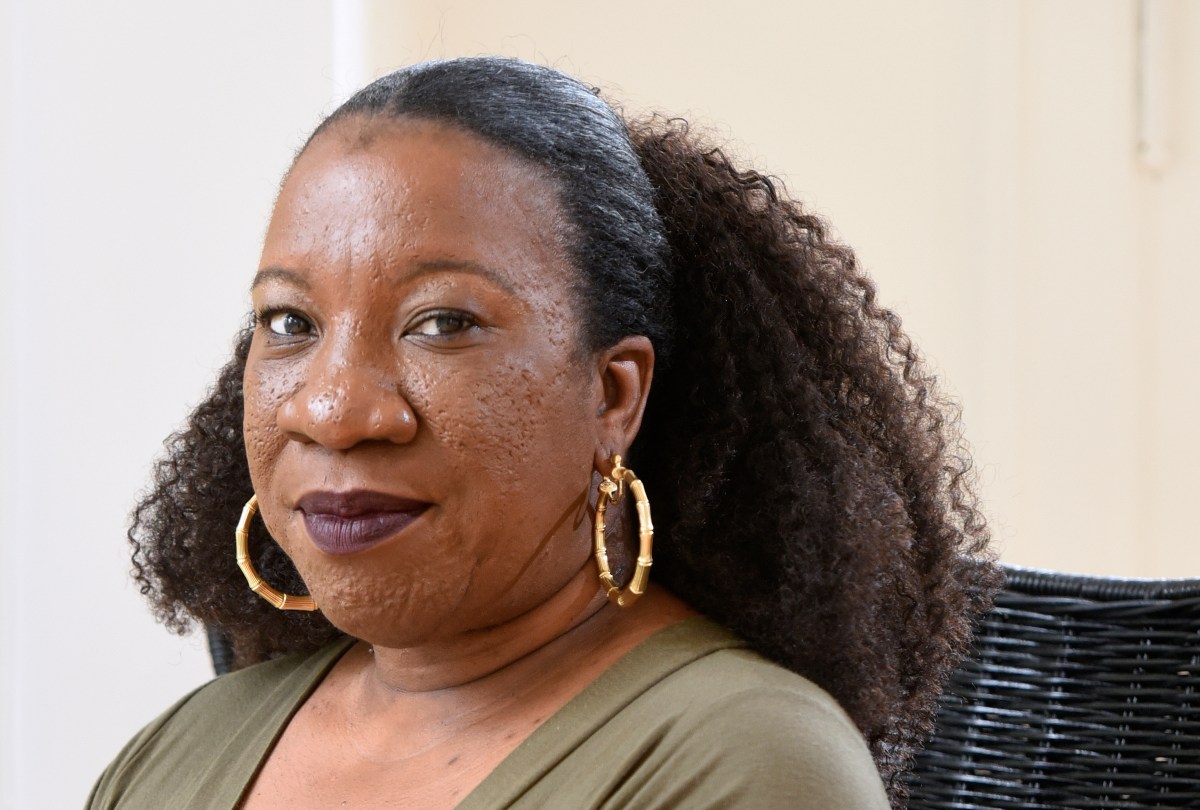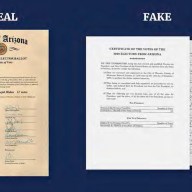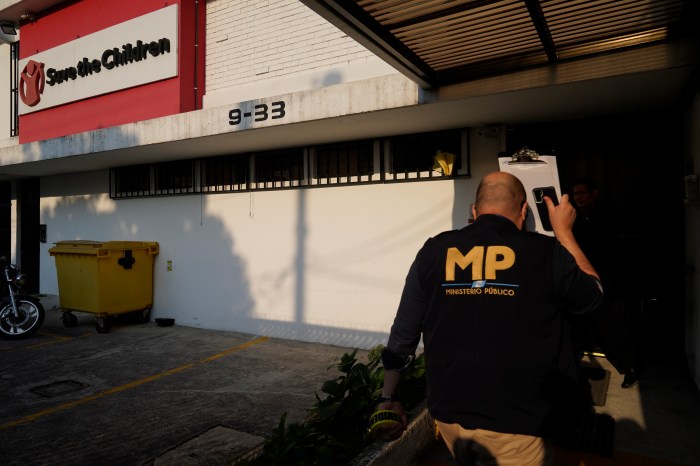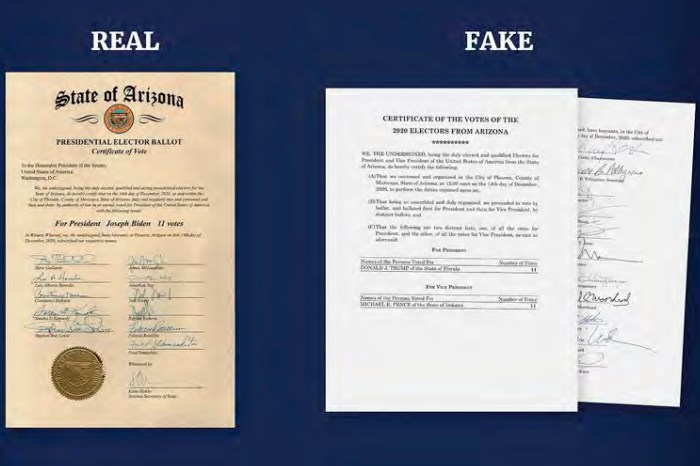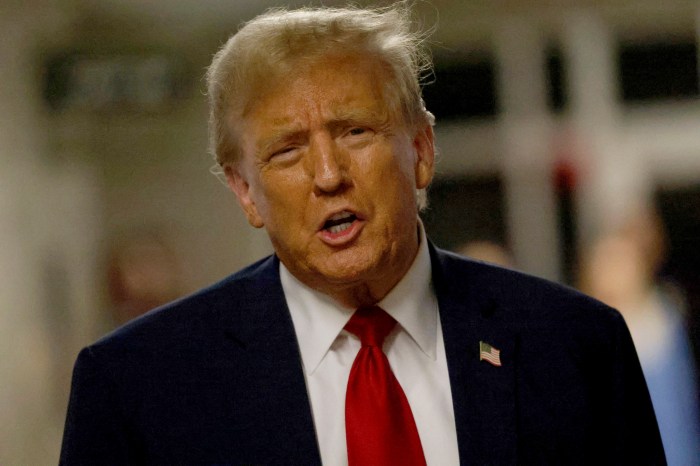NEW YORK (AP) — #MeToo founder Tarana Burke has heard it before. Every time there’s a legal setback, the movement is declared dead in the water. A legal success, and presto, it’s alive again.
So Burke, who nearly two decades ago coined the phrase “Me too” from her work with sexual assault survivors, found herself again declaring after New York’s highest court on Thursday overturned Harvey Weinstein’s 2020 rape conviction: The #MeToo reckoning is greater than any court case. It’s still there, and it’s working.
The most obvious proof, Burke said: “Ten years ago we could not get a man like Harvey Weinstein into the courtroom.”
The movement, she said, was responsible for that huge cultural shift — regardless of the Hollywood mogul’s ultimate legal fate.
Also seeking to take the long view, following a legal setback that stunned many survivors and advocates, was Anita Hill. She testified against Clarence Thomas during his 1991 Supreme Court confirmation hearing, becoming the face of the fight against sexual harassment more than a quarter-century before the Weinstein revelations launched the #MeToo movement.
Alongside her academic career, Hill now heads the Hollywood Commission, which seeks to fight harassment in the entertainment industry. She sought on Thursday to reassure survivors that progress is real.
“I want those who are saddened by the New York Court of Appeal’s decision to know that no single legal ruling can ever match the tremendous progress we have made together in the movement against sexual violence,” Hill told The Associated Press in an email.
“The movement will persist,” she added, “driven by the truth of our testimonies. And changes to our systems and culture will follow.”
It was, of course, a rough morning for sexual assault survivors across the country, as Burke acknowledged at a hastily arranged Manhattan news conference following the court ruling with activists including Ashley Judd, one of the earliest Weinstein accusers.
In what Judd called “an act of institutional betrayal,” New York’s highest court, in a 4-3 decision, ordered a new trial, saying the first one had prejudiced Weinstein, 72, with improper rulings, including letting some accusers testify about allegations that weren’t part of the case. Weinstein will remain in prison, however, because he was convicted in Los Angeles in 2022 of another rape.
Among those who testified in New York was Dawn Dunning, a supporting witness, who told the court how during a business meeting Weinstein slid his hand up under her skirt and fondled her genitals.
Dunning told the AP through her attorney, prominent #MeToo lawyer Debra Katz, that she was “shocked” by Thursday’s ruling and dealing with a range of emotions, including asking herself, “Was it all for naught?”
“It took two years of my life,” Dunning said. “I had to live through it every day. I had to live through the terror of confronting Weinstein. But would I do it again? Yes.”
She said that in confronting the producer, she had faced her worst fear and realized he had no power over her. And she was proud that her testimony helped other women earn some justice.
Katz said she had spoken to Dunning and other accusers — women who felt “gutted” — reminding them of the important role they’d played in the broader reckoning against sexual abuse and violence.
“They testified at great personal cost. … It was life-altering for them,” Katz said. “And to feel like this was maybe all for naught is a very, very, bad feeling.”
Still, Katz felt certain Weinstein would be convicted in a new trial.
“Their testimony was invalidated by the court today due to legal technicalities,” Katz said. But “no one doubted the truth of what they testified to, or the courage of their testimony. And so while this is a setback in this case, I do believe that their testimony changed the world.”
The testimony fundamentally altered how people view and react to issues of sexual assault in the workplace, she said.
“And their courage has grown beyond this case — people continue to come forward, people continue to support other victims who’ve reported sexual assault and violence, and I truly believe there’s no going back from that,” Katz said.
Many advocates saw the moment, however dispiriting, as an opportunity to call for a renewal of efforts to push the #MeToo message forward.
“Today’s decision does not erase the truth of what happened,” said Fatima Goss Graves, head of the Time’s Up Legal Defense Fund. It’s important to remember, she said, “that one well known case does not define this movement. We are a force.”
Graves noted the fund has provided support for some 9,000 people with sexual harassment complaints since 2018, and has funded 300 lawsuits. The fund is run by the National Women’s Law Center in Washington; the broader Hollywood-based group, launched in 2017, shifted all its resources to the fund in January 2023.
Burke stressed in an interview that while legal advances are necessary for progress, “the judicial system has never been a friend of survivors. And so it’s the reason why we need movements, because movements have historically been what has pushed the legal system to do the right thing.”
Burke said she spent the morning speaking to accusers, including actor Annabella Sciorra, who testified at the 2020 trial that Weinstein raped her.
“I can understand how devastating and disgusted and angry, just the range of emotions that so many of them must feel,” Burke said. “And I hope they understand for those of us survivors who will likely never see a day in court, that they are still heroes to us.”
Burke, who has spoken out about her own past as a survivor of abuse, added she could never imagine facing her own perpetrator in court.
“So just the fact that they got to do that, to bring a person, a man like Harvey Weinstein to account for his crimes, is incredible,” she said.
AP Writer Alexandra Olson contributed to this report.

